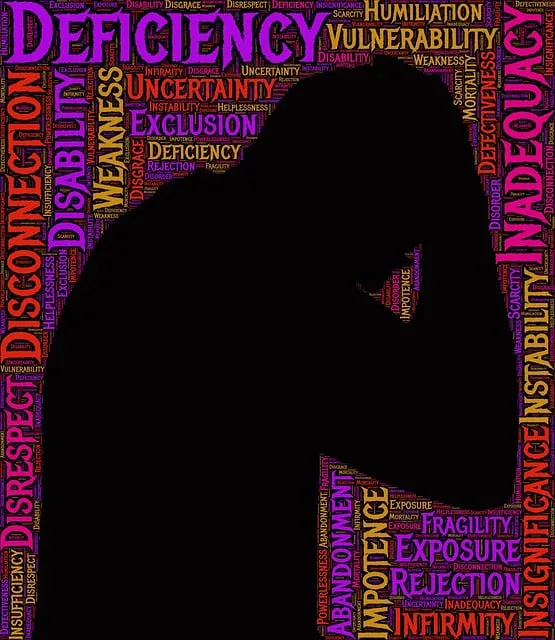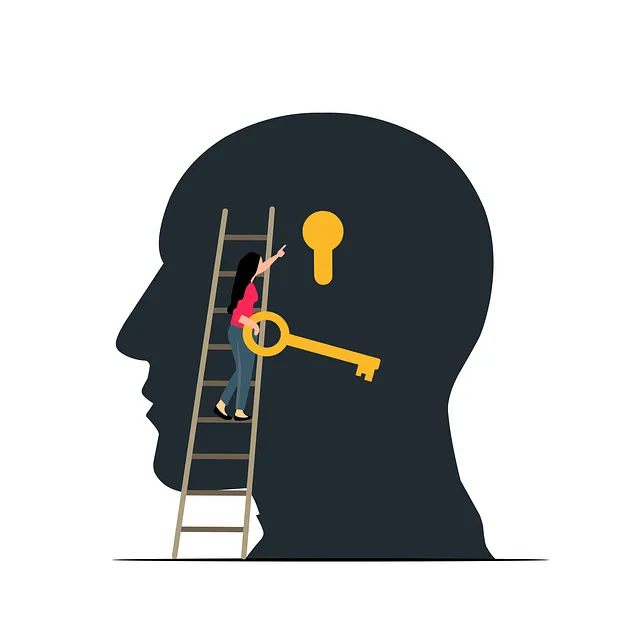Cultural competency is vital in healthcare, especially for inpatient mental health services at facilities like Littleton and Kaiser. These institutions prioritize understanding and respecting patients' cultural backgrounds to offer personalized treatment. They tailor self-care practices, integrate cultural traditions, and implement risk management strategies based on individual backgrounds, enhancing inclusivity and sensitivity. Both Littleton and Kaiser provide unique approaches to cultural competency training: Littleton through immersive learning, and Kaiser by integrating self-care and positive thinking. Robust cultural competency programs require continuous evaluation, self-awareness exercises, open dialogue, and burnout prevention strategies. Littleton/Kaiser's effective practices respect diverse backgrounds and holistically enhance patient care in inpatient mental health services.
Healthcare provider cultural competency training is an essential aspect of delivering quality care, especially in diverse inpatient mental health settings. This article explores the significance of cultural competency in healthcare, focusing on why it matters for inpatient mental health services. We compare approaches by Littleton and Kaiser, highlighting best practices for implementing effective programs. Discover how these strategies can enhance patient outcomes and improve mental health care overall, especially in the context of Littleton’s and Kaiser’s inpatient mental health services.
- Understanding Cultural Competency in Healthcare: Why It Matters for Inpatient Mental Health Services
- A Comparison: Littleton and Kaiser's Approach to Cultural Competency Training for Mental Health Professionals
- Best Practices for Implementing Effective Cultural Competency Programs in Inpatient Mental Health Care
Understanding Cultural Competency in Healthcare: Why It Matters for Inpatient Mental Health Services

Cultural competency in healthcare is a critical aspect that has gained significant attention, especially within inpatient mental health services. It refers to the ability of healthcare providers to understand and appreciate the cultural backgrounds, beliefs, and values of their patients, ensuring personalized and effective treatment. In the context of Littleton and Kaiser’s inpatient mental health facilities, this concept takes on added importance. Patients seeking mental health support often face complex challenges, many of which are deeply rooted in their cultural identities.
When healthcare professionals are culturally competent, they can better address the unique needs of diverse patient populations. This involves tailoring self-care practices, integrating mental health education programs designed to respect and incorporate cultural traditions, and implementing robust risk management planning tailored to each individual’s background. By fostering an environment that embraces cultural diversity, Littleton and Kaiser can ensure their inpatient mental health services are inclusive, sensitive, and ultimately more successful in supporting the well-being of all patients.
A Comparison: Littleton and Kaiser's Approach to Cultural Competency Training for Mental Health Professionals

Littleton and Kaiser are both recognized leaders in healthcare, offering unique approaches to cultural competency training for mental health professionals. While Littleton focuses on immersive, experiential learning through case studies and role-playing scenarios, Kaiser emphasizes a comprehensive, holistic approach that incorporates self-care practices and positive thinking.
Littleton’s program prepares professionals for diverse inpatient mental health settings, ensuring they’re equipped to navigate complex cultural dynamics. In contrast, Kaiser’s training goes beyond the clinical, encouraging participants to integrate self-care routines for better mental health into their own lives, thereby fostering a deeper understanding of diverse patient experiences. This dual emphasis on professional competence and personal well-being sets these two institutions apart in the field of cultural competency education.
Best Practices for Implementing Effective Cultural Competency Programs in Inpatient Mental Health Care

Implementing effective cultural competency programs in inpatient mental health care is a multifaceted approach that involves continuous evaluation and adaptation. Best practices include integrating self-awareness exercises into the training curriculum to help healthcare providers understand their own biases and perspectives, fostering an environment of open dialogue and active listening. Encouraging regular participation in mental wellness podcast series production can facilitate knowledge exchange and skill development among staff.
Additionally, incorporating burnout prevention strategies for healthcare providers is vital. This involves creating supportive work environments, offering flexible scheduling, and providing access to resources that promote work-life balance. At Littleton, Kaiser has recognized the importance of these practices and implemented them in their inpatient mental health care settings, ensuring a holistic approach to patient care that respects and values diverse cultural backgrounds.
Cultural competency training is a vital tool for improving healthcare, especially within inpatient mental health services. As highlighted by the contrasting approaches of Littleton and Kaiser, structured programs can significantly enhance professionals’ ability to provide culturally sensitive care. By adopting best practices shared in this article, healthcare facilities can ensure that their staff are equipped to navigate diverse patient backgrounds, ultimately fostering more inclusive and effective treatment environments for all individuals seeking mental health support, whether through Littleton’s or Kaiser’s models.






